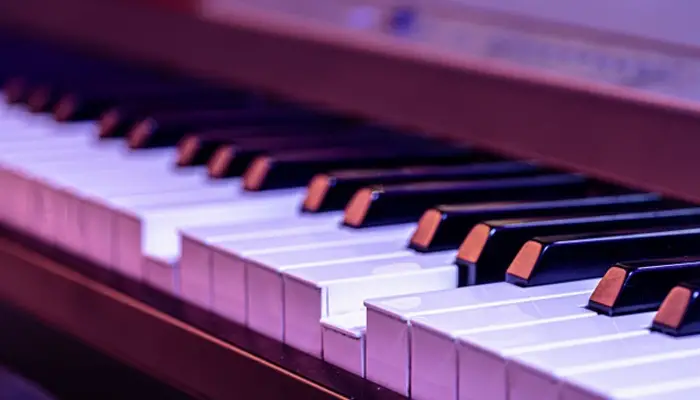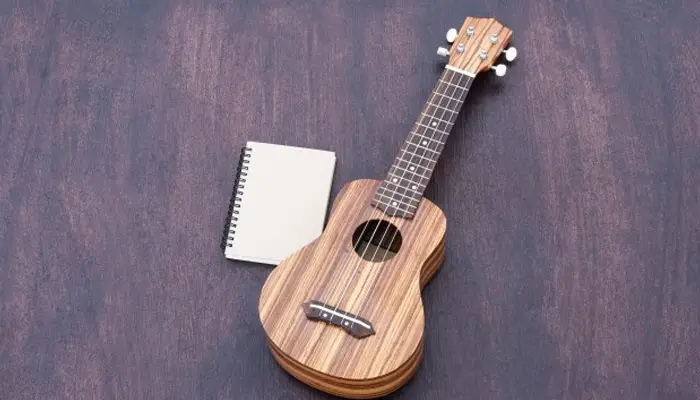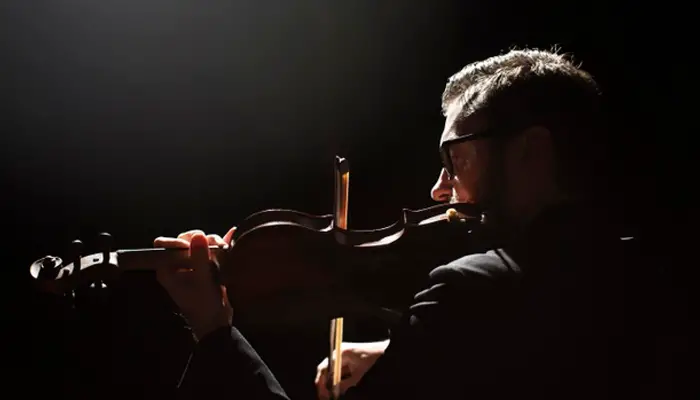
Do you want to know how many Piano grades are there?
In order to be a successful musician, you need to have the right tools. And one of those essential tools is a piano.
Learning how to play the piano is an enriching journey that opens doors to a world of musical expression. Just like any skill, mastering the piano requires dedication, practice, and guidance. Central to this journey are piano grades, which provide a structured framework for skill development and repertoire progression.
There are so many different piano grades that it can be hard to figure out which one is right for you.
So whether you’re just starting out or you’re looking for something more challenging, we’ve got the perfect grade for you!
- Understanding Piano Grades:
- Types of Piano Grades:
- Determining Your Piano Grade:
- Piano Grades (FAQ)
- What are piano exams?
- What is the difference between Grade 1 and Grade 2 piano exams?
- Where can I go to take piano exams?
- Will I win a prize if I pass my piano exams?
- What is the highest piano grade?
- Is Grade 1 piano hard?
- What grade of the piano is Fur Elise?
- What grade is Clair de Lune?
- What grade is Chopin's Minute Waltz?
Understanding Piano Grades:
Piano grades serve as milestones in a musician’s journey, marking progress and proficiency. They encompass a range of skills, from fundamental techniques to advanced repertoire, and offer a roadmap for continuous improvement. Understanding piano grades is essential for aspiring pianists, as they provide clear benchmarks and goals to strive for.
Types of Piano Grades:
There are three main types of piano grades:
- The entry-level beginner pianos (which go up to grade 3).
- The intermediate pianos (which go up to grade 8).
- And the high-performance pianos (which go up to grade 10).
Entry-Level Beginner Pianos:
Entry-level beginner pianos are tailored for those taking their first steps in piano playing. These pianos cater to individuals with little to no prior experience and focus on building a strong foundation in technique and musical understanding.
Grades in this category typically range from introductory levels up to grade 3, offering a gentle transition into the world of piano playing. If you’re new to the piano, starting with an entry-level beginner piano is an ideal way to lay the groundwork for future progress.
Intermediate Pianos:
Intermediate pianos are designed for players who have acquired basic skills and are ready to delve deeper into their musical journey. These pianos offer a wider range of repertoire and technical challenges, allowing intermediate pianists to explore different styles and genres.
Grades in this category extend from grade 4 to grade 8, providing ample opportunities for growth and development. Investing in an intermediate piano is a natural progression for those seeking to expand their musical horizons and refine their playing abilities.
High-Performance Pianos:
High-performance pianos represent the pinnacle of musical craftsmanship, designed for professional musicians and serious enthusiasts. These pianos boast exceptional tonal quality, responsiveness, and playability, elevating the playing experience to unparalleled heights.
Grades in this category, ranging from grade 9 to grade 10, demand mastery of advanced techniques and repertoire, making them suitable for seasoned performers and virtuosos.
While high-performance pianos command a significant investment, their exquisite sound and performance capabilities make them a worthy choice for those pursuing excellence in their craft.
You can also check out What’s the Best Piano Notes with Letters?
Determining Your Piano Grade:
Choosing the right piano grade is a crucial decision that can shape your musical journey. Whether you’re a novice seeking guidance or an experienced player looking to level up, consulting with a qualified piano teacher is invaluable.
A knowledgeable teacher can assess your skills, understand your musical goals, and recommend the most suitable grade for your level and aspirations.
Additionally, self-assessment tools and online resources can provide insights into your progress and help you set realistic goals for advancement.
The choice is yours!
Piano Grades (FAQ)
What are piano exams?
Piano exams are assessments of your playing ability. You will be tested on your knowledge of music theory, sight-reading, and your ability to play pieces from different styles and periods.
What is the difference between Grade 1 and Grade 2 piano exams?
Grade 1 is for beginner piano students, while Grade 2 is for more advanced students. Grade 2 students are expected to know more about music theory and are able to play more difficult pieces.
Where can I go to take piano exams?
You can take piano exams at your local college or conservative Schools. Also, most counties have a branch of the Associated Board of the Royal of Music (ABRSM). Here’s a list of ABRSM exam centers.
Will I win a prize if I pass my piano exams?
Passing your first piano exam will usually mean you have shown that you have passed the entry-level music training. Your teacher may give you a certificate or some other kind of reward as a way of encouraging your progress.
What is the highest piano grade?
he highest grade is Grade 8. To pass this exam, you will need to be able to play pieces from a range of styles and periods and to be able to perform a concerto.
Is Grade 1 piano hard?
Grade 1 piano is the beginner’s level, so it is not as hard as Grade 2 or higher. However, you will still need to know some basic music theory and be able to read music.
What grade of the piano is Fur Elise?
The grade of Fur Elise is easy. It is generally considered to be Grade 1 or 2 on the piano difficulty scale. This makes it a great piece for beginner pianists to learn. There are only a few chords in the entire piece, and the melody is simple and easy to follow.
What grade is Clair de Lune?
Clair de Lune is considered to be of intermediate difficulty, which means it is still suitable for beginners with a bit more piano playing experience.
What grade is Chopin’s Minute Waltz?
The grade of the Minute Waltz by Chopin is very difficult, so it is more appropriate for advanced pianists. It is generally considered to be at least Grade 8 on the piano difficulty scale, and it is recommended that an advanced pianist have at least 5 years of experience before playing this piece.
You can also check out our guide on How Much Does a Upright Piano Weigh (Easy Guide) and Best Digital Piano Under 300 Dollars.


